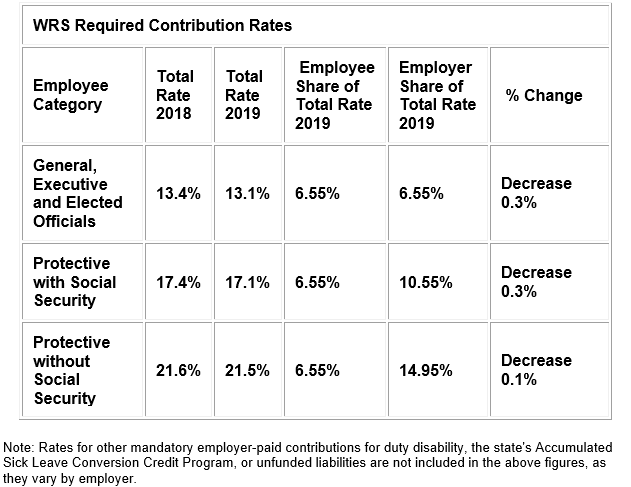Madison — The Wisconsin Supreme Court upheld Gov. Scott Walker's signature labor legislation Thursday, delivering an election-year affirmation to the governor in just one of the three major rulings issued by the court on union bargaining, election law and same-sex couples.
In addition to ruling Walker's labor law constitutional, on a historic day the state's highest court also upheld the state's voter ID law and a 2009 law providing limited benefits to gay and lesbian couples.
The state court's decisions on the voter ID and domestic partner registry could still be overtaken by decisions in separate but related cases in federal court. But after more than three years of litigation, the court's seven justices on Thursday put to rest the last of the major legal disputes over Act 10, the 2011 law repealing most union bargaining for most public employees.
The decision was 5-2, with Justice Michael Gableman writing the lead opinion, which found that collective bargaining is not a fundamental right under the constitution but rather a benefit that lawmakers can extend or restrict as they see fit.
"No matter the limitations or 'burdens' a legislative enactment places on the collective bargaining process, collective bargaining remains a creation of legislative grace and not constitutional obligation. The First Amendment cannot be used as a vehicle to expand the parameters of a benefit that it does not itself protect," Gableman wrote.
Gableman was joined by Justices David Prosser, Patience Roggensack and Annette Ziegler. Justice N. Patrick Crooks concurred but wrote separately. Dissenting were Chief Justice Shirley Abrahamson and Justice Ann Walsh Bradley.
The state Supreme Court rulings Thursday, coming out just as this year's midterm elections heat up, were fraught with political implications.
In a statement, Walker touted his victory with the law, which ushered in cuts in public employee benefits and changes to insurance carriers, overtime rules and a host of other cost-cutting moves within the government work force.
"Act 10 has saved Wisconsin taxpayers more than $3 billion. Today's ruling is a victory for those hard-working taxpayers," Walker said.
It can be difficult to verify all of the savings that Republicans attribute to Act 10 because of gaps in the data among schools and local governments affected by the law. But in general the Milwaukee Journal Sentinel has been able to confirm a large majority of the savings touted by Walker.
As governor, Walker, a Republican, was one of the defendants in all of the cases. His re-election challenger, Democrat Mary Burke, serves on the Madison School Board, the employer of the teachers suing the state in the labor case. By its very nature, voter ID has the potential to influence elections.
Burke spokesman Joe Zepecki said none of the decisions would change the fact that the key issue in the election would be the state economy and jobs.
"Mary supports the right of workers to collectively bargain, and believes that the concessions on health care and pension were fair, but should have been reached through the collective bargaining process. She knows that collective bargaining rights don't stand in the way of effective, accountable government, and that working together is the best way to address the challenges we face," Zepecki said.
In March 2011, Walker and Republicans in the Legislature approved strict limitations on collective bargaining for most public workers, setting off an explosion of litigation. In the lawsuits by unions and others, Act 10 has suffered setbacks in trial courts but so far has been upheld on every appeal.
Senate Majority Leader Scott Fitzgerald (R-Juneau) said he hoped the latest ruling would help the state move on from the fight over the union law, which drew tens of thousands of demonstrators to the state Capitol in February and March 2011.
"After months of protests and costly recalls that Governor Walker, many of my Senate colleagues and I myself survived to retain control over the statehouse, I hope that this added legal victory can allow us to finally lay the fight surrounding Act 10 to rest. The people and the courts have spoken: Act 10 is here to stay and Wisconsin is moving in the right direction," Fitzgerald said in a statement.
In this case, opponents filed several challenges to the law and Dane County Circuit Judge Juan Colás in September 2012 found major portions of Act 10 unconstitutional. The state Supreme Court agreed to take the case last year without having the state District 4 Court of Appeals first rule on it.
The two sides have disputed whether Colás' ruling affected all public-sector unions or just the two that brought the case. As that fight played out, Colás ruled in October that because of his earlier decision, Walker's employment commissioners were in contempt of court for applying parts of Act 10 to other unions.
The Supreme Court held oral arguments in November on the case and 10 days later issued a 5-2 decision reversing the contempt-of-court order.
Thursday's decision addressed the merits of the case and upheld Act 10 in its entirety. The justices who came down in favor of Act 10 were the same ones who ruled against the contempt order.
A spokeswoman for Republican Attorney General J.B. Van Hollen had no immediate comment.
Lester Pines, the Madison attorney who represented the unions in the case, said he was disappointed by the decision but needed to read it fully before commenting Thursday.
This isn't the first time that a higher court has considered a challenge to Walker's union law.
The state Supreme Court ruled in June 2011 that lawmakers could easily avoid the state's open meetings law and did not violate that statute in passing the labor limits. And the U.S. 7th Circuit Court of Appeals has upheld Act 10 in its entirety in two challenges in federal court.
courtesy - JS Online


